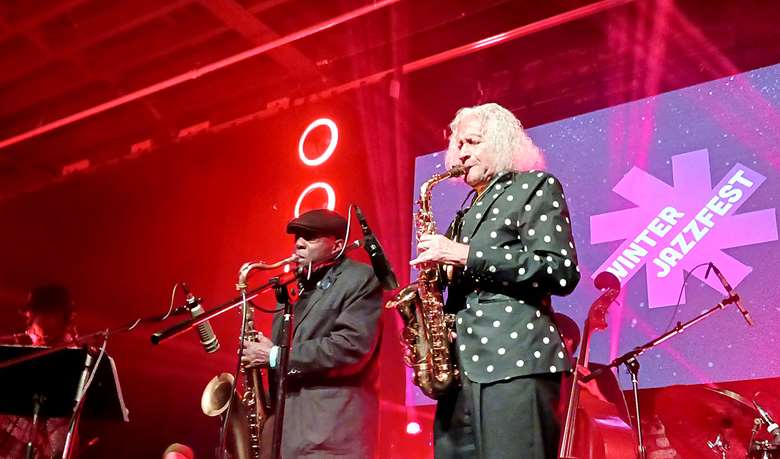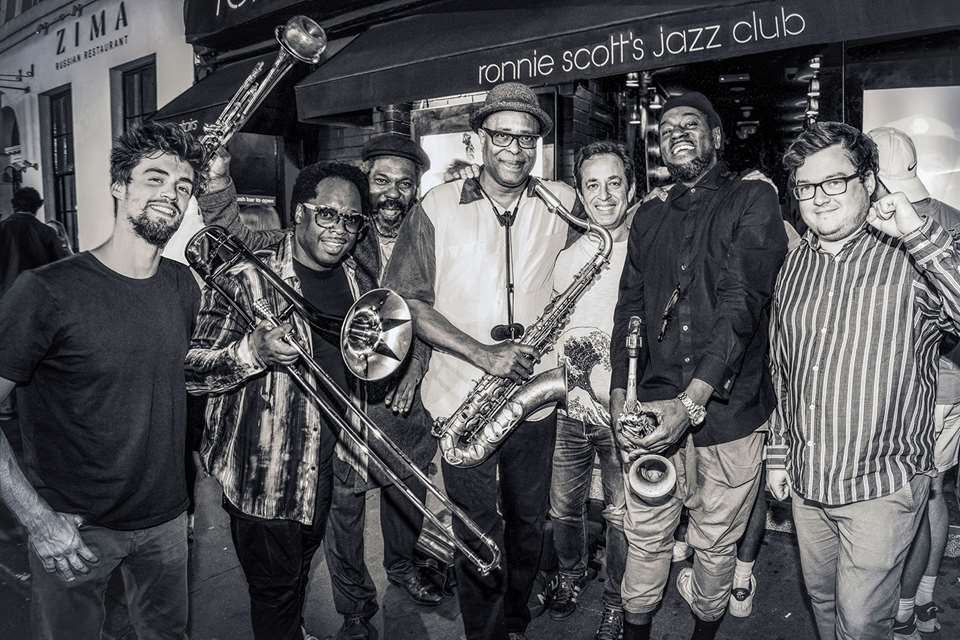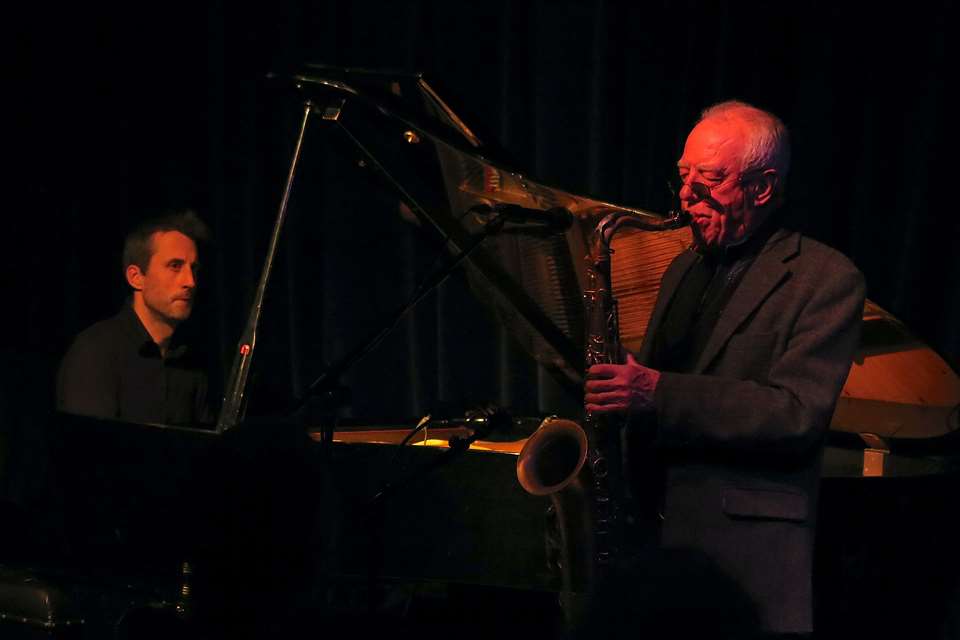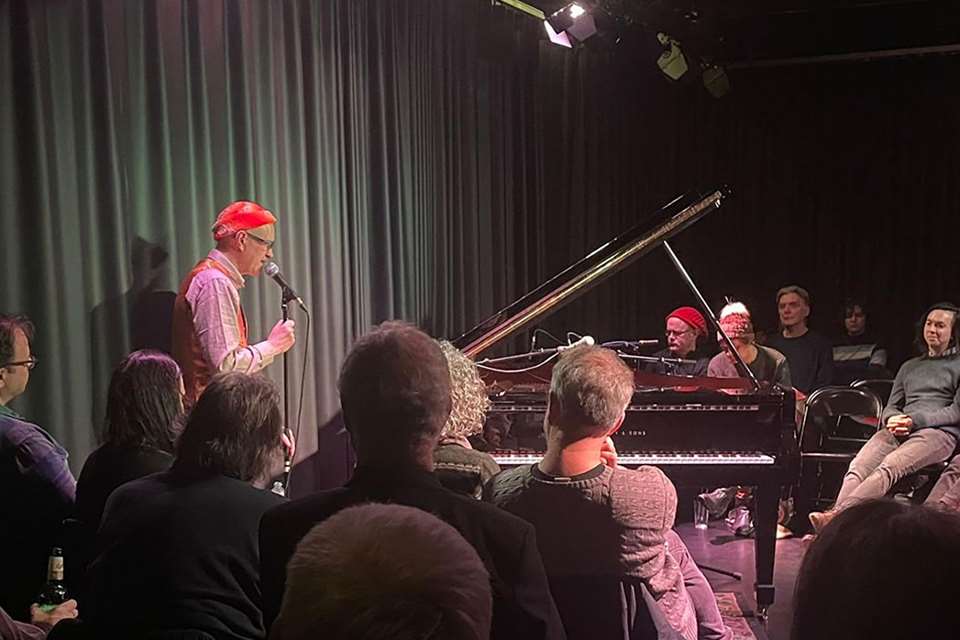NYC’s Winter Jazzfest sees Gary Bartz, Billy Hart, David Murray and Shabaka Hutchings salute storied venue The East
Andrey Henkin
Wednesday, January 17, 2024
Andrey Henkin immerses himself in a night of high spirits and spiritual jazz in tribute to the revered New York jazz performance space


Register now to continue reading

Thank you for visiting Jazzwise.co.uk. Sign up for a free account today to enjoy the following benefits:
- Free access to 3 subscriber-only articles per month
- Unlimited access to our news, live reviews and artist pages
- Free email newsletter


